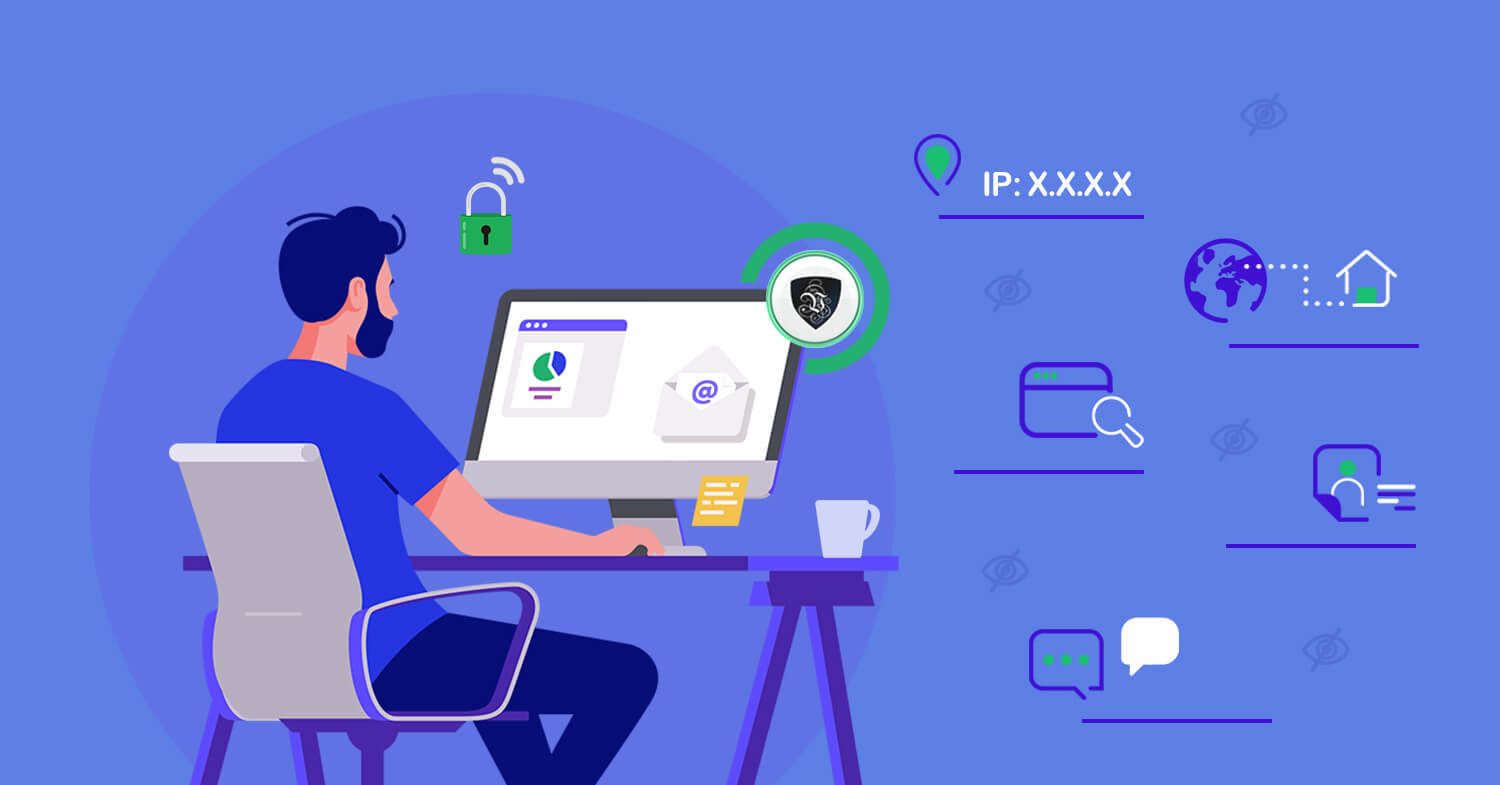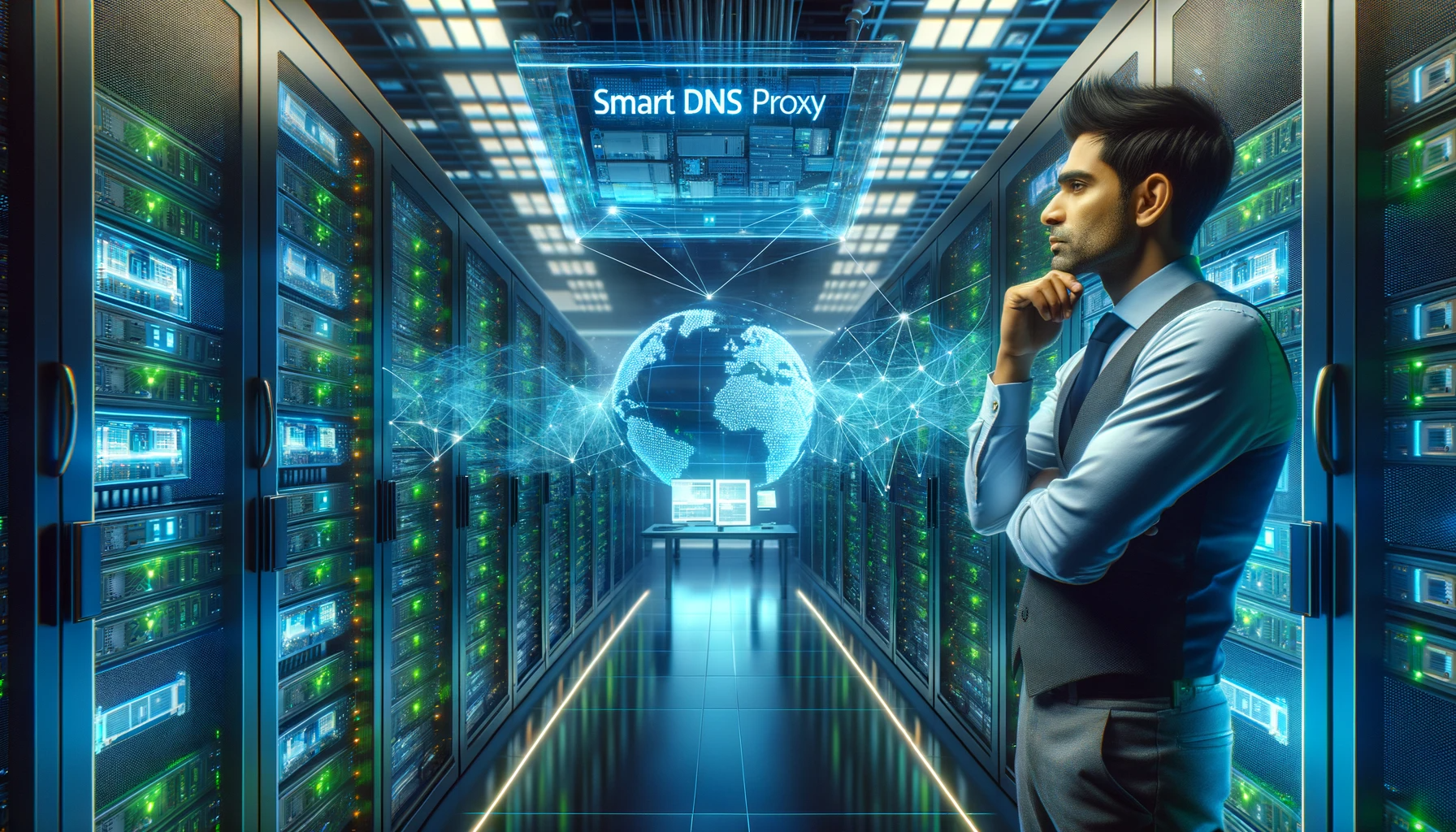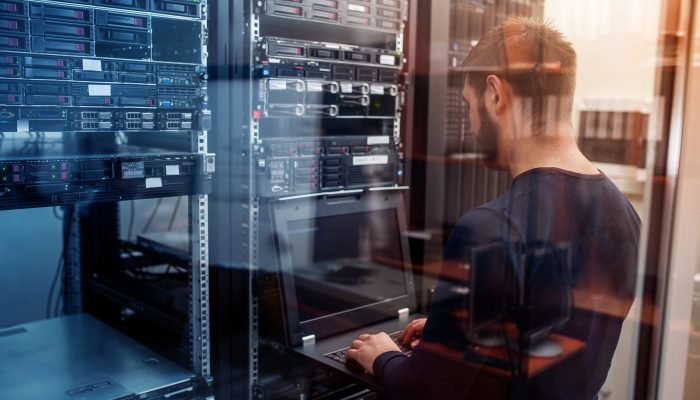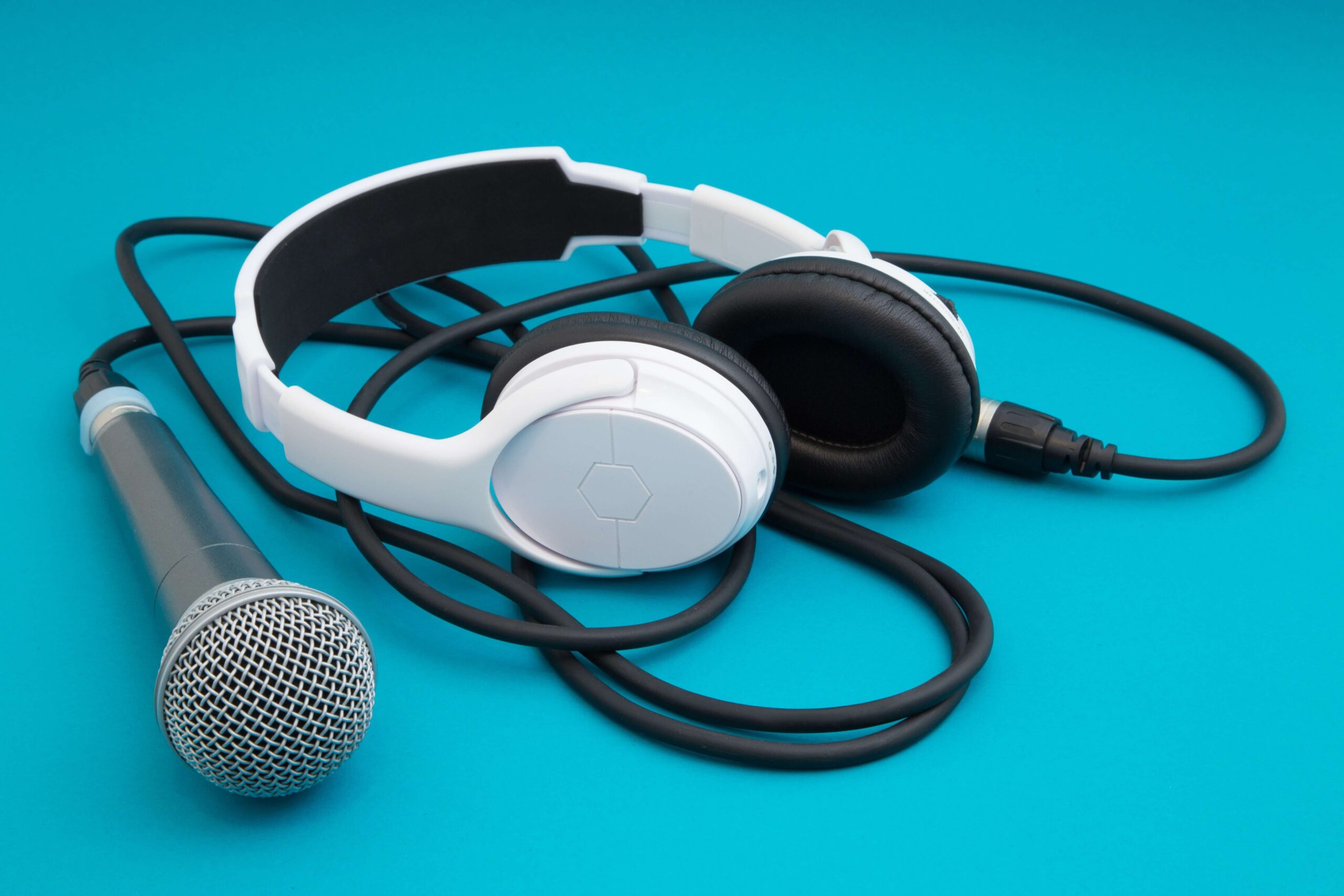In the contemporary digital landscape, social media assumes a crucial role in influencing perceptions, relationships, and mental health, driven by peer influence and the quest for social validation. As individuals navigate through meticulously curated feeds that portray idealized lifestyles, many inadvertently succumb to social media pressure and the constant need for self-promotion. This discussion will examine the various impacts of this pressure, including social comparison theory, fear of missing out (FOMO), and the development of negative self-image. We will explore common causes, the effects on mental health and interpersonal relationships, as well as practical coping strategies for individuals, guidance for parents, and how online engagement contributes to these challenges. This analysis aims to navigate this multifaceted issue and identify approaches to promote healthier online experiences, mitigating the psychological effects of social media.
How Does Social Media Pressure Affect People?
Social media pressure has emerged as a significant influence in contemporary society, affecting individuals across diverse demographics, particularly within youth culture and social dynamics.
This pressure often manifests through continuous comparisons with others, which can lead to increased anxiety, diminished self-esteem, and validation seeking as users seek approval from peers and influencers online.
The impact of likes, followers, and engagement metrics distorts personal perspectives, creating a feedback loop and contributing to social media fatigue, which can further intensify feelings of inadequacy.
As individuals navigate their digital identities and online presences, they frequently confront societal expectations that may adversely affect their emotional well-being, resulting in complex social dynamics and emotional distress.
1. Comparison to Others
The comparison to others represents a significant aspect of social media pressure that can distort self-image and contribute to feelings of inadequacy.
In a world saturated with curated online personas, individuals frequently find themselves scrolling through endless feeds showcasing seemingly perfect lives, which can trigger deep-seated insecurities and feelings of inadequacy.
For example, a user may observe a friend’s vacation photos or an influencer’s glamorous lifestyle, leading to dissatisfaction with their own experiences and accomplishments, highlighting the influencer impact on mental health.
This phenomenon aligns with social comparison theory, as users subconsciously assess their worth against the highlight reels presented by others, further distorting their self-image. Consequently, such comparisons may result in diminished self-esteem, increased anxiety, and online persona management issues, highlighting how the allure of social media can lead to a distorted perception of reality and ultimately harm mental health.
2. Fear of Missing Out (FOMO)
The Fear of Missing Out (FOMO) is a pervasive phenomenon associated with social media, compelling users to engage continuously with various platforms to remain informed about the latest trends, online relationships, and events.
This issue is particularly pronounced among younger demographics, who often experience a significant need to stay connected with their peers and the rapidly changing digital landscape, influenced by social media trends. Social media feeds present a constant stream of updates, events, and shared experiences, creating an environment where the pressure to participate may overshadow the desire for authentic connection.
As individuals navigate through curated glimpses of others’ lives, they may inadvertently encounter feelings of inadequacy or anxiety, exacerbated by the fear of missing out on enjoyable moments, community pressure, or critical conversations.
This relentless cycle of comparison not only dominates their online interactions but can also result in mental fatigue as they endeavor to keep pace with an overwhelming array of trends, ultimately influencing their overall well-being and contributing to digital socialization issues.
3. Negative Self-Image
A negative self-image is frequently a consequence of social media engagement, where the pursuit of online validation and popularity metrics can overshadow an individual’s intrinsic worth.
This issue is further intensified by influencers who, whether intentionally or unintentionally, propagate unattainable beauty standards and lifestyles that many individuals feel compelled to replicate. The continuous exposure to meticulously curated images and experiences can lead individuals to develop unrealistic expectations of themselves, resulting in feelings of inadequacy and an identity crisis.
Feedback from peers on these platforms can act as a double-edged sword; likes, shares, and comments may inadvertently fuel self-doubt rather than foster authentic appreciation.
To address these challenges, it is imperative to cultivate healthy coping mechanisms, such as practicing self-compassion, engaging in mindfulness exercises, and surrounding oneself with supportive peers who promote positivity and online authenticity.
By consciously shifting focus from external validation to internal self-acceptance, individuals can gradually rebuild their self-esteem and foster a more authentic self-image, enhancing their emotional well-being.
What Are the Common Causes of Social Media Pressure?
The prevalent causes of social media pressure are fundamentally anchored in the unrealistic standards perpetuated within online environments, often exacerbated by influencer culture, peer pressure, and the expectation of constant connectivity.
These factors significantly influence users’ perceptions and behaviors, resulting in a continuous struggle for authenticity within a landscape overwhelmed by curated digital identities and pressured online interactions.
As individuals interact with diverse social platforms, the pressure to conform to societal norms and uphold a polished online presence can lead to substantial mental health challenges, including anxiety, diminished self-worth, and online reputation management issues.
1. Unrealistic Standards
Unrealistic standards are pervasive on social media, where users are frequently exposed to idealized representations of life that establish unattainable benchmarks and false perceptions.
These distorted images can significantly influence user behavior, leading individuals to engage in unhealthy comparisons and self-criticism. Notably, 62% of content creators report feeling pressured to present a perfect life, which can intensify feelings of inadequacy among viewers and elevate their engagement metrics.
Research indicates that prolonged exposure to such curated content can increase anxiety and depression, particularly among younger demographics. In fact, a survey revealed that 70% of teenagers wish they could change some aspect of their appearance due to the pervasive ideals portrayed online, reflecting the significant emotional impact and peer influence on youth.
Ultimately, these unrealistic representations can create a cycle in which users feel compelled to conform to societal expectations, further exacerbating their distress, dissatisfaction with their own lives, and the attention economy dynamics.
2. Influencer Culture
Influencer culture has significantly reshaped the landscape of social media, establishing new norms and expectations that often contribute to increased pressure among users and content creators. This phenomenon has not only influenced user behavior but has also altered perceptions of self-worth, self-disclosure, and success.
The curated lives presented by influencers frequently showcase aspirational lifestyles, which can lead followers to feel inadequate by comparison, emphasizing the influencer impact on personal branding. While some individuals may derive motivation and inspiration from these representations, others may find themselves in a cycle of seeking validation, striving for likes, shares, and approval in their pursuit of affirmation.
Such dynamics can cultivate a culture of comparison, resulting in both positive aspirational feelings and negative mental health consequences, including social anxiety and emotional distress. It is essential to acknowledge the dual-edged nature of influencer marketing, where enablement can coexist with insecurity, underscoring the complex relationship between self-esteem, social media interactions, and societal pressures.
3. Constant Connection
The phenomenon of continuous connectivity via social media platforms has fostered a culture in which users feel an incessant compulsion to remain engaged at all times, affecting their digital footprint and online behavior patterns.
This relentless engagement may result in considerable mental health challenges, with individuals exhibiting symptoms of addiction as they frequently find themselves caught in cycles of endless scrolling or responding to constant notifications, contributing to their mental load.
Such behaviors contribute to mental fatigue, as the brain remains perpetually stimulated without sufficient intervals for rest, highlighting the importance of digital communication boundaries.
To mitigate these effects, it is essential to establish realistic boundaries regarding screen time, privacy concerns, and prioritize digital wellness. Implementing straightforward practices, such as a social media detox:
- Designating specific hours for social media use to reduce cyberbullying exposure
- Employing applications that monitor screen time
can assist individuals in regaining control over their digital interactions, cultivating healthier habits, and improving their overall mental resilience.
How Does Social Media Pressure Affect Mental Health?
Social media pressure significantly impacts mental health, contributing to an increase in anxiety, depression, body image issues, and social anxiety, particularly among youth.
As individuals interact with content on various social platforms, the constant comparison and expectation for online validation can result in considerable emotional distress and a pressure to perform.
The widespread occurrence of cyberbullying and online harassment further intensifies these mental health challenges, creating a cycle of negative self-perception, emotional fatigue, and mental resilience issues that can have enduring effects on overall well-being.
1. Anxiety and Depression
Anxiety and depression are significant mental health concerns that have been exacerbated by social media, where the pursuit of validation and social connectivity can profoundly impact emotional well-being.
Many individuals find themselves caught in an ongoing search for approval, often evaluating their self-worth based on likes, comments, and overall user engagement received. This cycle of feedback loops can result in feelings of inadequacy and isolation, particularly when posts do not garner the expected response.
Research indicates that individuals who frequently engage with social media may experience elevated levels of anxiety and depression due to comparisons with others, pressure of unrealistic standards, and the impact on their digital identity and online authenticity.
Additionally, studies reveal that platforms intended for social connection may paradoxically intensify feelings of loneliness and despair, highlighting a concerning relationship between user engagement patterns and the development of mental health issues, such as anxiety and depression. The influence of peer pressure and social validation further exacerbates these mental challenges, as individuals navigate their digital identity within these social networks.
2. Body Image Issues
Body image issues have become increasingly prevalent, significantly influenced by social media, where users are frequently exposed to images of idealized bodies, often driven by influencer culture and trends. These images contribute to a false perception of self-image and societal norms that pressure individuals to conform.
These images, often curated by prominent influencers, create a distorted perception of reality that promotes unrealistic beauty standards, leading many individuals to feel inadequate in comparison. As these trends infiltrate daily feeds, the impact of influencer marketing becomes evident, as followers endeavor to emulate the seemingly perfect lifestyles and physiques that dominate their screens.
To address the adverse effects of this phenomenon and to promote a more positive body image, it is essential to cultivate communities that celebrate diversity and authenticity. Encouraging discussions about self-acceptance, sharing genuine experiences, and supporting body-positive initiatives can contribute to shifting the narrative away from superficial ideals and towards embracing individuality.
3. Eating Disorders
Social media can inadvertently play a significant role in the prevalence of eating disorders, as users may experience pressure to conform to unrealistic body ideals.
This pressure is often exacerbated by the continual exposure to curated images that depict seemingly perfect physiques and lifestyles, which can distort self-perception and provoke feelings of inadequacy. Numerous studies have established a correlation between high social media usage and increased rates of body dissatisfaction, particularly among adolescents and young adults.
A survey indicated that 30% of young women reported experiencing anxiety regarding their appearance after engaging with social media platforms.
Case studies further illustrate how individuals, particularly those in vulnerable demographics, may develop severe eating disorders in response to the incessant comparisons and societal expectations perpetuated by online interactions.
The emotional impact of these experiences is profound, with many young people grappling with low self-esteem and depression. This underscores the urgent need for heightened awareness and the implementation of preventative measures.
What Are the Effects of Social Media Pressure on Relationships?
The impact of social media pressure on relationships can be significant, often evident through comparison, social dynamics, and communication challenges that compromise authenticity and foster feelings of inadequacy within online interactions.
As individuals interact with their online networks, the pursuit of social validation may foster feelings of jealousy and competition, thereby affecting personal connections.
Furthermore, the absence of face-to-face communication in digital interactions can impede the development of essential social skills, resulting in misunderstandings and strained relationships among peers and family members.
1. Comparison and Jealousy
Comparison and jealousy are significant emotional responses to the pressures of social media, often resulting in conflicts within personal relationships. This pressure to perform and gain online validation through likes and shares can lead to an identity crisis as individuals struggle to balance their online presence with their true selves.
These emotions may emerge when individuals are consistently exposed to curated images and posts that portray seemingly perfect lives, leading to a distorted perception of reality. Friends and partners may find themselves evaluating their own happiness in relation to the filtered highlights of others, which can evoke feelings of inadequacy and resentment.
To address these negative emotions, fostering effective communication is paramount. Engaging in open discussions regarding feelings associated with social media exposure can enable partners to express insecurities without the fear of judgment.
Additionally, establishing boundaries around social media usage can cultivate a healthier environment that prioritizes relationships over online comparisons, thereby alleviating jealousy and strengthening interpersonal bonds.
2. Lack of Authenticity
A lack of authenticity is frequently observed in relationships influenced by social media pressure, where individuals may curate their online personas to conform to societal expectations.
This meticulously constructed façade can create obstacles to genuine communication, as individuals may prioritize projecting a particular image over expressing their true emotions. Consequently, the pressure to maintain an idealized self can impede vulnerability, resulting in superficial interactions that lack depth and trust.
Authentic self-presentation is essential for cultivating healthy relationships, as it promotes connections on a more meaningful level. By embracing their true selves, individuals can foster an environment that encourages openness and honesty, ultimately enhancing the bonds they share with others.
3. Communication Issues
Communication issues that arise from social media use can significantly hinder effective interactions, impacting both professional and personal relationships. The digital communication landscape often leads to misinterpretations and emotional impacts due to the lack of non-verbal cues and the benefits of a direct feedback culture.
These challenges often result from the absence of non-verbal cues, which are essential for conveying emotions and intent. When messages are reduced to text or emojis, the likelihood of misunderstanding increases substantially. The nuances of tone and body language are lost, leaving individuals to interpret messages based solely on their personal perceptions.
To navigate this complex landscape and reduce potential conflicts, it is imperative to develop strong social skills, such as active listening and empathy. Employing strategies like clarifying messages through thoughtful follow-ups and engaging in direct discussions can enhance understanding and help mitigate miscommunications.
How Can Someone Cope with Social Media Pressure?
Effectively managing social media pressure is crucial for maintaining mental well-being and emotional resilience, and implementing various strategies can assist individuals in navigating their online experiences more proficiently. Awareness of the attention economy and engagement metrics can help reduce the mental load associated with digital socialization.
Limiting social media usage can significantly alleviate anxiety and the stress linked to constant connectivity. Furthermore, participating in digital detox practices can encourage healthier habits, enabling individuals to concentrate on real-life relationships that cultivate authenticity and emotional resilience.
1. Limiting Social Media Use
Limiting social media use is an effective strategy for enhancing mental health and emotional well-being. By minimizing screen time and engagement with potentially harmful content creation and consumption cycles, individuals can improve their emotional resilience and real-life social interaction.
By reducing the time spent scrolling through feeds, individuals may experience a decline in feelings of anxiety and stress, leading to an improvement in overall mood. This adjustment can facilitate more meaningful connections in real life, fostering deeper relationships and enhancing social interactions.
To establish effective boundaries regarding social media engagement, it is advisable to set specific times for usage or to implement notifications that mitigate the urge for frequent checking. Engaging in hobbies or participating in physical activities, rather than spending time in front of a screen, can significantly contribute to an improved quality of life, ultimately promoting a healthier balance between online presence and personal experiences.
2. Unfollowing Negative Accounts
Unfollowing negative accounts on social media can significantly enhance an individual’s self-esteem and overall online experience. By curating their digital footprint and online community to reflect supportive and positive influences, individuals can combat the effects of bullying, cyberbullying, and false perceptions perpetuated by harmful social media trends.
In today’s digital age, the curated content that individuals engage with plays a crucial role in shaping their mental health and self-perception. By deliberately choosing to unfollow profiles that promote unrealistic standards or generate feelings of inadequacy, users can foster a more supportive online environment. This straightforward action can lead to a more positive mindset, alleviating the anxiety often associated with negative comparisons.
Furthermore, actively seeking out uplifting accounts that share motivational content, enableing messages, or relatable experiences can further improve one’s social media presence, promoting well-being and resilience in an increasingly overwhelming digital landscape.
3. Focusing on Real-Life Connections
Focusing on real-life connections is essential for countering the isolating effects of social media pressure. Building strong, offline relationships helps mitigate the societal pressures of online reputation and digital identity management, fostering a sense of belonging outside of the virtual world.
In an era where digital interactions frequently overshadow personal connections, nurturing in-person relationships is increasingly vital for emotional well-being. Engaging in community events, joining local clubs, or sharing a meal with friends can provide a reassuring sense of belonging that virtual connections often lack.
For example, the uplifting experience of attending a neighborhood gathering can ignite joy and foster support networks that alleviate feelings of loneliness. By prioritizing face-to-face connections, individuals can establish stronger foundations for their mental health, reinforcing the notion that community and connection are fundamental elements of a fulfilling life.
How Can Parents Help Their Children Deal with Social Media Pressure?
Parents play a crucial role in assisting their children in navigating the challenges associated with social media pressure, such as peer influence and social comparison theory, and they can employ various strategies to effectively support their mental health and emotional well-being.
By establishing clear boundaries regarding social media usage, fostering open communication about online experiences, and promoting offline activities, parents can aid their children in developing resilience against the negative influences of social platforms.
This guidance is essential for cultivating healthy self-esteem and coping mechanisms in an increasingly digital landscape.
1. Setting Boundaries
Establishing boundaries around social media use is essential for promoting healthy habits and mental resilience among children and adolescents, as excessive online presence can lead to pressure and anxiety.
By implementing clear guidelines, parents can assist their children in navigating the online landscape more responsibly. One effective strategy is to establish specific screen time limits that correspond to the child’s age and maturity level. For example, parents may consider setting a maximum of one hour of recreational screen time on school nights while permitting greater flexibility on weekends to manage digital communication and reduce feelings of inadequacy linked to peer influence.
Encouraging open discussions regarding responsible social media behavior can create an environment of trust and accountability. This may include educating young users about:
- Privacy settings
- Recognizing harmful content
- Understanding the implications of sharing personal information online
Ultimately, these strategies enable children to engage with social media in a balanced and mindful manner, reducing the impact of influencer culture and social norms that can affect self-esteem and mental health.
2. Open Communication
Open communication between parents and children is essential for effectively addressing the emotional challenges, such as social anxiety and emotional distress, associated with social media pressure and online interactions.
Engaging in ongoing dialogues creates a safe environment for children to express their feelings and allows parents to gain valuable insights into their child’s online experiences. By fostering this exchange, the dynamics of emotional intelligence can be enhanced, enabling children to navigate the complexities of digital interactions with increased resilience.
Such discussions provide an opportunity for children to articulate their emotional responses, comprehend the influence of social media on their self-esteem and psychological effects, and develop coping strategies that will benefit them in the future while navigating peer pressure and social expectations.
This collaborative approach not only strengthens the parent-child relationship but also equips children with the necessary tools, such as understanding validation seeking and managing their online persona, to thrive in an increasingly digital world.
3. Encouraging Offline Activities
Encouraging offline activities represents an effective strategy for parents to alleviate the pressures that social media, such as content consumption and online engagement, may exert on their children.
By participating in a variety of hands-on experiences, such as team sports, art classes, or community service projects, children can develop essential communication and interpersonal skills. These activities not only enhance physical well-being but also create opportunities for children to establish friendships in a more natural environment than that provided by online platforms, helping mitigate social media fatigue and dependency on social networks.
As they work together toward common objectives or simply enjoy shared experiences, children learn to navigate social dynamics, articulate their thoughts, and empathize with others, reducing the influence of social validation and comparison often encountered in online relationships.
Engaging away from screens promotes creativity and resilience, facilitating authentic connections and reducing the mental load associated with constant digital connectivity and feedback loops that are vital in today’s highly interconnected society.
Frequently Asked Questions
1. What is social media pressure?
Social media pressure refers to the influence and expectations that individuals feel as a result of being constantly exposed to the curated and idealized lifestyles and images portrayed on social media platforms, often resulting in an identity crisis and the pressure to perform.
2. How does social media contribute to pressure on individuals?
Social media can contribute to pressure by creating a perception of a perfect life, leading individuals to compare themselves to others and feel inadequate. It also promotes a culture of seeking validation and social validation through likes and followers, often impacting self-image and self-worth.
3. Is social media pressure only targeted towards teenagers and young adults?
No, social media pressure can affect individuals of all ages. While it may be more prevalent in younger generations, adults also experience pressure to have a certain lifestyle, appearance, or online presence due to social media.
4. How can social media pressure impact mental health?
Social media pressure can lead to feelings of inadequacy, anxiety, and depression. Constant comparison to others and the pressure to maintain a perfect image can also negatively affect self-esteem and self-worth, while exacerbating issues related to online persona management and mental health.
5. Can we escape social media pressure by simply avoiding social media?
Absolutely not. While decreasing social media usage can help reduce exposure to pressure, it is important to address the underlying issues and learn to cope with the pressure and comparison in a healthy way.
6. What are some ways to manage social media pressure?
Some ways to manage social media pressure include limiting usage, unfollowing accounts that trigger negative feelings, surrounding yourself with positive and supportive people, and focusing on your own journey and accomplishments rather than comparing to others. This can help mitigate the attention economy and the addiction to user engagement and popularity metrics.














